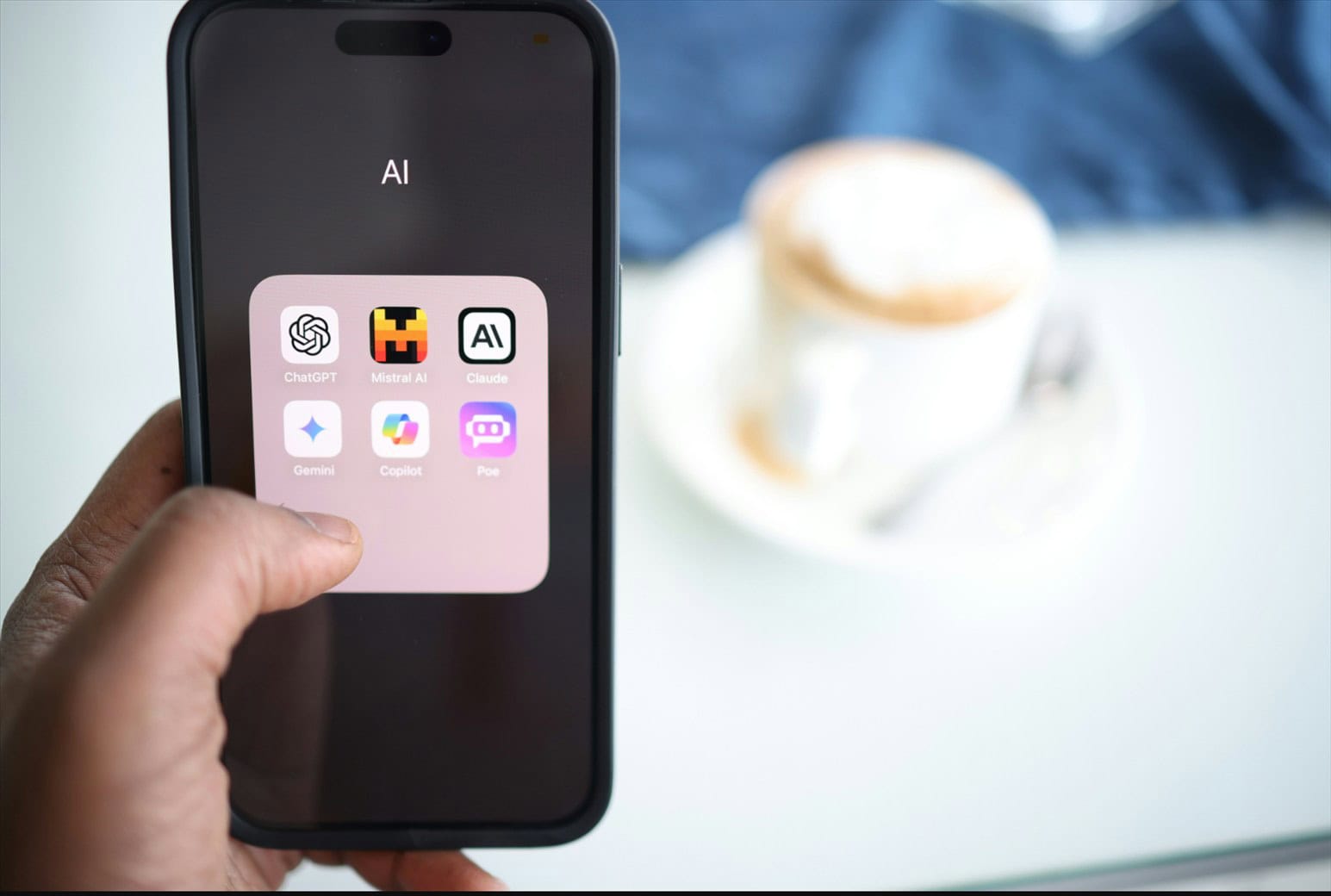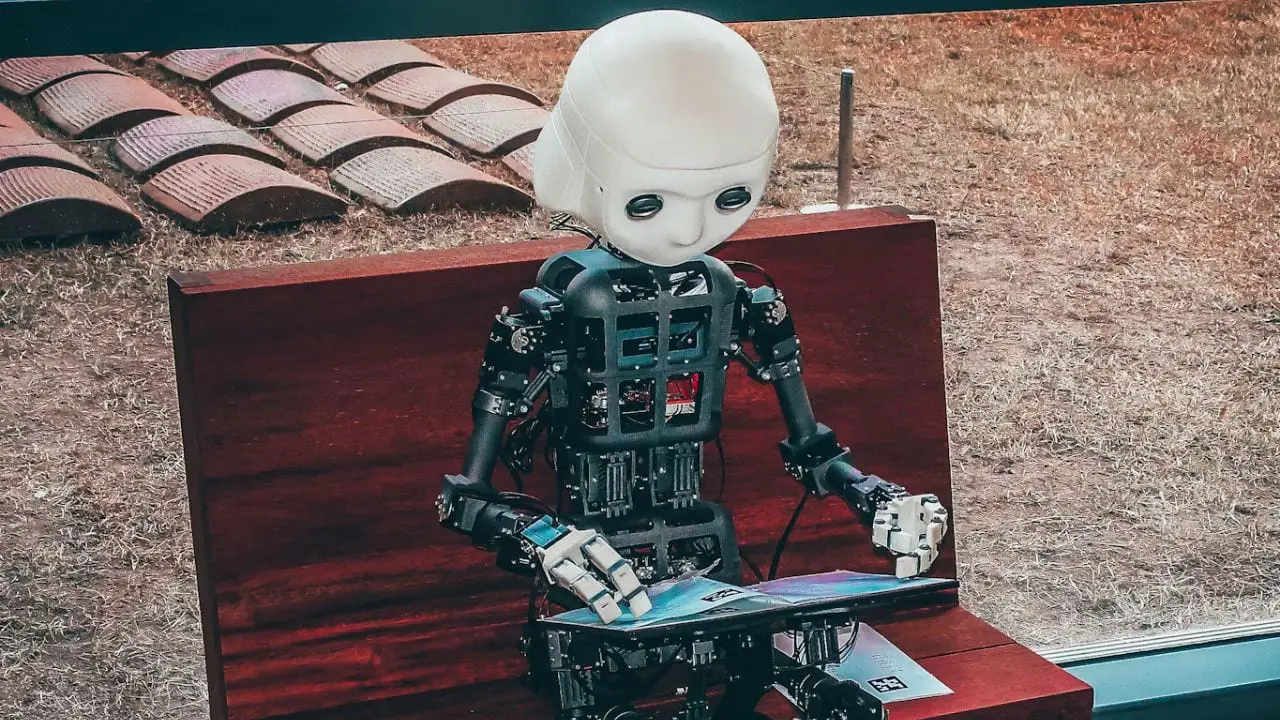
The integration of AI into human resources is reshaping the way companies engage with their employees. What once was a hectic environment of spreadsheets and manual data processing now stands transformed, driven by intelligent algorithms designed to improve interaction and bring efficiency. This change isn’t on its way — it’s here, and it’s altering the HR industry.
The seamless integration of intelligent systems not only promises effectiveness but also enhances decision-making processes by providing insightful and actionable data. Those looking to further understand these integrations and discover the benefits of AI in HR will find that AI can significantly impact recruitment, engagement, development, and performance management within their organizations.
Automation in Recruitment
AI is making leaps in recruitment, cutting down the time and resources traditionally allocated to this laborious process. Automated systems can swiftly scour resumes for desired keywords and qualifications, assigning candidates scores that measure suitability for particular roles. The result is a more agile recruitment process where human intervention is required only after pre-qualification, saving invaluable time for HR professionals.
Furthermore, these AI-driven recruiting systems offer insights that were previously unavailable through conventional methods. By analyzing patterns found in successful hires, organizations can better understand what truly makes a candidate the right fit for their company culture. This data-driven approach empowers businesses to refine their hiring strategies and create teams composed not just of qualified individuals, but the right mix of personalities and skills as well.
Improving Employee Engagement
Employee engagement is often the metric used to gauge job satisfaction and loyalty, and AI has stepped in as a reliable partner. Through predictive analytics, companies can anticipate employee needs, enabling timely interventions and creating a supportive work environment. Feedback channels powered by AI can further personalize employee experiences, leading to higher retention rates as individuals feel more valued and heard.
Beyond measuring overall satisfaction, AI’s sentiment analysis capabilities allow HR departments to tap into the emotional pulse of their workforce. By parsing communication patterns, sentiment analytics can alert managers to emerging issues before they escalate into major challenges. This proactive approach strengthens the relational fabric within organizations, fostering environments where open dialogue and mutual respect prevail.
Performance Management
Performance management, once a bureaucratic chore, benefits greatly from AI’s analytical prowess. Automated systems monitor and evaluate all aspects of an employee’s work, offering an unbiased assessment. Instant feedback becomes the norm, replacing outdated annual reviews with real-time improvements and guidance. Organizations have the opportunity to act swiftly, aligning staff goals with business objectives more often and more accurately than ever before.
This approach also bridges the communication gap between employees and their supervisors, facilitating a transparent environment where expectations are clearly outlined and met with actionable insights. Employees are no longer left guessing where they stand, while management gains the ability to nurture talent and address skill deficits promptly, fostering a more empowered workforce.
Learning and Development
The delivery of training and education is another area where AI has made significant contributions. Personalized learning paths, shaped by an individual’s strengths and gaps, are now possible. With the aid of AI, these paths adapt quickly as employees grow, ensuring that learning remains relevant and effective. This fosters a corporate culture that is continually developing talent capable of adapting to new challenges.
Additionally, AI can help identify emerging skills needed for future roles within the company, guiding workforce development strategies. By recognizing trends and patterns in industry needs, AI-equipped HR departments can proactively tailor their training programs, ensuring employees possess the skills necessary for both current and projected demands, thus securing the company’s future readiness.
Challenges and Ethical Concerns
While the potential is vast, the challenges accompanied by AI’s rise demand attention. Implicit bias in algorithmic decisions remains a concern, prompting ongoing scrutiny and refinement to ensure fairness. Furthermore, there’s always the risk of too much reliance on technology, potentially sidelining the emotional intelligence that is irreplaceable in any human-centric profession. These concerns aren’t to be dismissed lightly, for they form part of the broader discussion on AI’s place in human affairs.
The Future of HR
The momentum of AI in HR shows no signs of slowing. As algorithms evolve and data grows richer, the capacity for AI to refine and innovate within human resources only broadens. This technological journey invites HR professionals to redefine their roles — from gatekeepers of hiring and compliance to strategic partners steering organizational change. It’s a transformation that’s as inevitable as it is exciting, charting a bold new course for HR departments worldwide.






